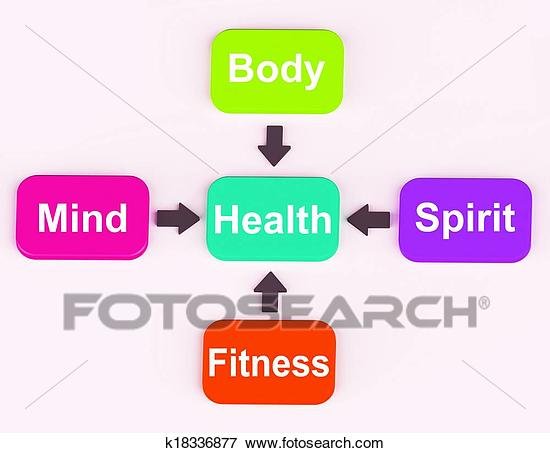
So you are probably quite good at taking care of your body, or realize the need to do so because you know the importance to be keeping a healthy physical shape.
What about your mental fitness? When was the last time you dedicated time and effort to maintain a healthy mental state, and do you place the same importance on it as you do with physical training & exercise.
It might not surprise you to find that physical and mental fitness go hand-in-hand. Sports psychologists have been helping athletes prepare and be in the right ‘mindset’ as part of their training, and this doesn’t just apply to elite or professional athletes. We often hear that sports is as much a mind game as it is about playing to the rules of the game. There is also no doubt that physical activities have a direct impact on your mental and emotional state, such as the benefits of the hormones/chemicals released during exercises that makes you feel better.
Here are some very simple ways to help you incorporate a little bit of mental fitness training into your everyday life, if you don’t already do something like yoga (which is great for both physical and mental fitness) or meditation (specifically focusing on mental fitness):
Exercise 1: Balancing with your mind
Start by standing in a comfortable position with both feet planted on the ground shoulder width apart.
Bring one foot/leg up so you are now balancing on the other foot.
Close your eyes and continue balancing for as long as you can.
To improve try timing how long you can remain balanced on your left and right foot.
Exercise 2: Switching it up in your mind
Pick a relatively easy daily activity that you do predominantly with one hand (e.g. brush your teeth)
Start the activity with that hand and switch to the other hand and continue.
Close your eyes and complete the activity.
Exercise 3: Pushing the boundary in your mind
Choose a simple daily activity that can be done easily without any effort (e.g. fold a paper aeroplane, write your name on a piece of paper).
Increase the difficult of the task by changing one way that you would perform the task which can be increased or decreased in a measurable manner (e.g. fold a smaller paper aeroplane, write your name in a smaller font).
Stop when you find the task too difficult to complete easily and start next time at the difficult level just above what you accomplished last time.
You’ll find that these exercises mimic some of the elements involved in physical training, and also helps develop your muscle memory because of the link between the mental and physical connections in our body.
I’d love to hear about your experiences with these activities and next time I will also share some of the activities I use for mental fitness training.
Hi @amolak17, just wondering why you are copying the text from my posts and if you would like to discuss how we can collaborate together instead?
Downvoting a post can decrease pending rewards and make it less visible. Common reasons:
Submit